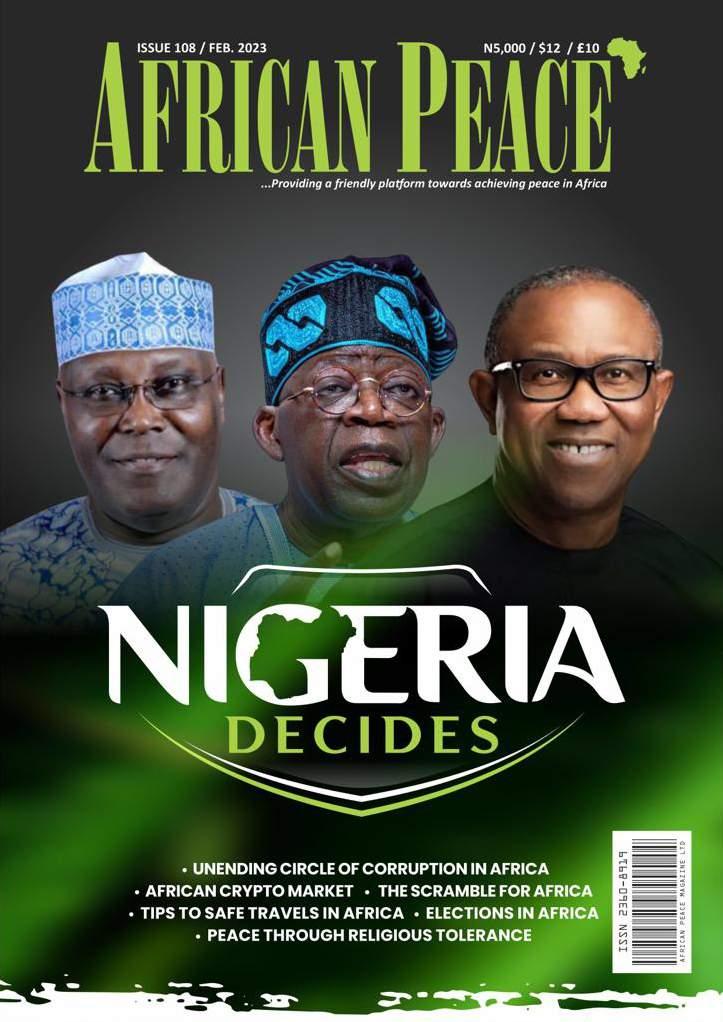



3
Abiodun
Mobolaji
H.E Paballo Makhetha (South Africa)
Chinecherem
Development Manager 234803 397 5746 +44746 6234 902
Acholem
G. Business
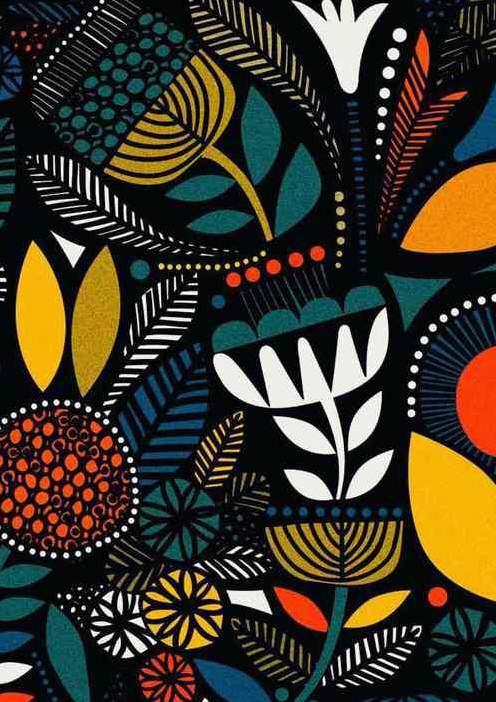
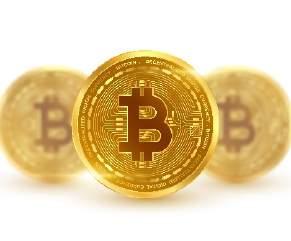
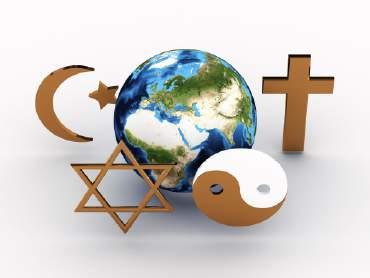
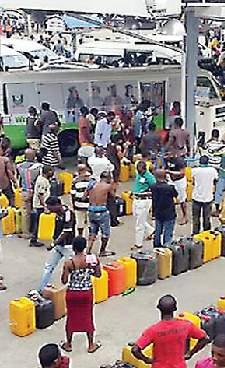
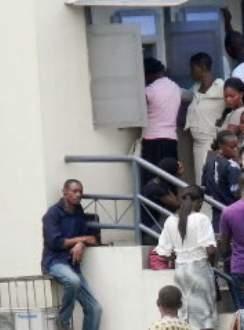
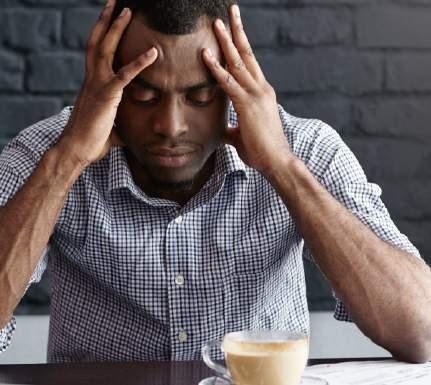
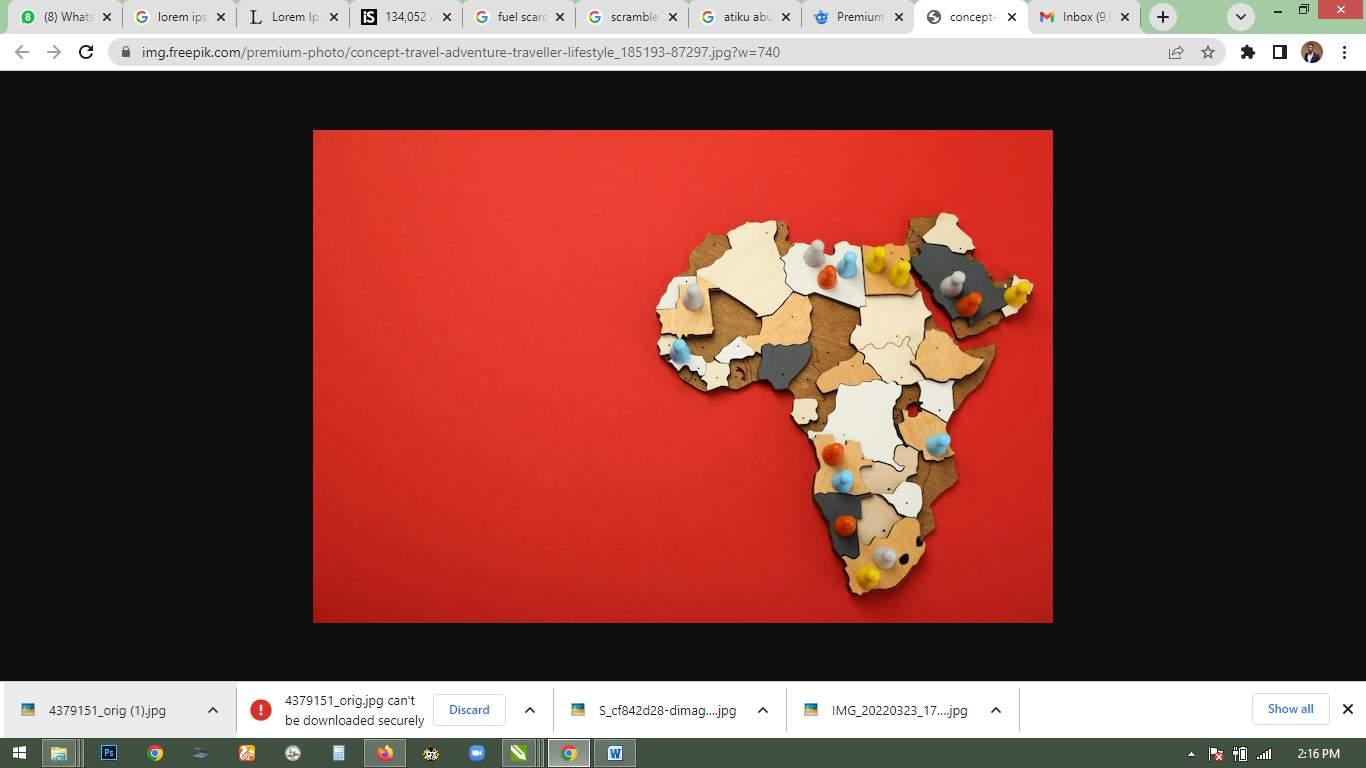
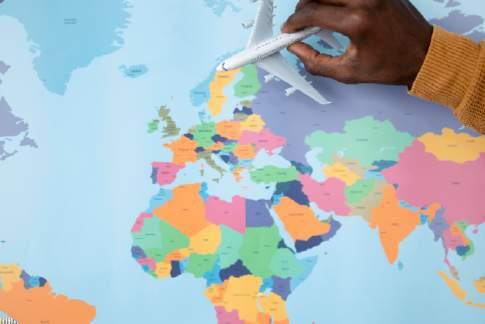
4
According to UNSSC “Elections play a significant role in peace processes since they are widely considered to be the main method of achieving a peaceful resolution to political controversies An election process is a means of pursuing or retaining political power in which social differences are highlighted by candidates and parties campaigning for popular support. This process can contribute to peace, but it can also provide entry points for violence and conflicts”
The current population of Africa is 1,423,581,409 as of Thursday, February 2, 2023, based on the latest United Nations estimates. While Nigeria is said to be the most population nation in Africa with a population of over 220 Million
In few week times, voters in Africa's most populous country, Nigeria, will head to the polls to select their next president amid mounting unhappiness and bad policies in the country due to worsening insecurity and economic hardship.
Peace and stability in Nigeria thus becomes nonnegotiable, because any crises would cause a major humanitarian disaster globally. We all saw what happened with the JEPA syndrome. Ensuring a peaceful, credible and fair election is a matter beyond the electoral commission. We all have a duty to come together as Nigerians and Africans to see that votes counts and the country is at peace.
It is to be noted that from high inflation to deadly attacks by gunmen against innocent civilians, the seven-year rule of outgoing President Muhammadu Buhari has seen Nigeria face various crises.
His supporters say he has done his best and highlight achievements, such as his work on
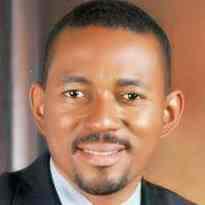
infrastructure projects and attempts to combat violent extremism. But even his own wife, Dr. Aisha Buhari, has apologised to the Nigerian people for falling short of their expectations.
In previous elections in Nigeria there have been credible reports of politicians rigging the polls, by either causing violence to scare away voters or snatching ballot boxes and stuffing them.
But the Independent National Electoral Commission (INEC) says the use of new technology will help ensure the ballot is secure and is not marred by fraud or rigging. We are very hopeful that it works but the recent incidence in Osun State of Nigeria cast serious doubts on the process.
There have also been cases of politicians paying poor voters to back them, even at polling stations.
But a recent change of the naira notes has forced a cash crunch that will make vote-buying difficult, and security agents also arrest suspects who either give or receive money. Fuel scarcity and intra party disputes present new dimensions to this year’s elections. How can we achieve prosperity and peace in the continent in the midst of all these? I have always advocated that Africa is not just a continent but also a nation state and we should see ourselves as such.
The continent and her leaders should take matters of election in each member state seriously to ensure a stable and peaceful continent. We have several challenges facing the continent but realistically they are all surmountable. Enjoy this edition of African Peace Magazine
Editor-in-Chief
NOAH Ajare

6 2023
FREEDOM OF THOUGHT, Conscience and RELIGION/BELIEF

Lots of Human Rights Charters and Constitutions of federations and states provide for the right to freedom of thought, conscience, and religion/belief. These laws tend to guarantee and protect this right as enshrined in them.
Thought in simple English is the act or process of thinking; deliberation, meditation, or reflection. It is also the power of reasoning, or of conceiving ideas; capacity for thinking; intellect; imagination. From the definition, it is clear that every living being has the capacity to think and thinking can only be done by such individual. No one thinks for another person.
Conscience is a person’s moral sense of right and wrong, viewed as acting as a



guide to one’s behavior. It is the inner sense of what is right or wrong in one’s conduct or motives, impelling one toward right action. Again, from the definition, conscience is a personal thing; it guides each individual and one person’s conscience cannot speak to another person.
Religion on the other hand is the belief in and worship of a superhuman controlling power, especially a personal God or gods. It is a set of beliefs concerning the cause, nature, and purpose of the universe, especially when considered as the creation of a superhuman agency or agencies, usually involving devotional and ritual observances, and often containing a moral code governing the conduct of human affairs.
7
- Loveth Udienu
Every human being is entitled to the right to freedom of thought, conscience and religion. This right includes freedom to think however he wants and believe in whatever he wants to believe in; freedom to change his religion or belief; and freedom, either alone or in community with others and in public or private, to manifest his religion or belief, in worship, teaching, practice and observance.
religions, faiths and beliefs. Unfortunately, with all the legislative provisions across the continent, in many African states, individuals and groups are denied this basic human right. There is a widespread intolerance, persecution and discrimination on the basis of religion or beliefs.

Article 8 of the African Charter on recognizes Human and People’s Rights the right of all individuals to freedom of conscience and this entails that every individual has the right to profess a religion or belief; they are at liberty to change their religion or belief; they are entitled to freedom to criticize any religion or belief and freedom to profess no religion or belief.
Africa as we know is a very religious society with individuals and groups across the continent practicing different
Using Nigeria as a case study, there has been several incidences of people who were murdered because they were said to have committed blasphemies. Their freedom of thought, conscience and religion was denied them at the cost of their lives and not much has been done to seek redress for such victims and to ensure that such incidences do not occur anymore. There have been cases of forced conversions and profession of religious faiths, forced identification with family, official or state religions, particularly Christianity and Islam which are the dominant religions.

8
The Constitution of the Federal Republic of Nigeria in section 38 provides for the freedom of thought, conscience and religion. In fact, the provision reads as follows:
“38. (1) Every person shall be entitled to freedom of thought, conscience and religion, including freedom to change his religion or belief, and freedom (either alone or in community with others, and in public or in private) to manifest and propagate his religion or belief in worship, teaching, practice and observance.
(2) No person attending any place of education shall be required to receive religious instruction or to take part in or attend any religious ceremony or observance if such instruction, ceremony or observance relates to a religion other than his own, or religion not approved by his parent or guardian.

(3) No religious community or denomination shall be prevented from providing religious instruction for pupils of that community or denomination in any place of education maintained wholly by that community or denomination.
(4) Nothing in this section shall entitle any person to form, take part in the
activity or be a member of a secret society.”

Sadly, even with the provisions, the social and political pressure on individuals to be religious and to remain religious or to profess a particular faith is too high in Nigeria and Africa at large. Other parts of the world have a higher success in exercising this right. There are either weak or non-existent mechanisms in most African countries to uphold and defend freedom of thought, conscience, and religion; and to protect individuals who change their religion or who criticize religions or renounce their religious beliefs or their belief in God or Allah.
Many individuals in the African continent, who have changed their religions, renounced their faiths or religious beliefs and criticized religions have done so in secret for fear of losing their lives or being discriminated against. Yes, it gets as bad as people being killed because they changed their religion.
Africa has many countries that have high or very high restrictions on religious freedom. From some research conducted by the International Humanist and Ethical Union (IHEU), countries in North Africa have the highest government and social restrictions on religions, while in other countries like Nigeria, Egypt, Sudan, Morocco, Algeria and Eritrea, religious minorities are targets of restrictions from government actions, policies and laws.
9
Freedom of thought, conscience and religion is the bedrock of many other fundamental rights such as right to freedom of expression and the press, right to freedom from discrimination, right to peaceful assembly and association, et al For any society to be termed as civilized, and for the evolution of a true and virile democracy, this right must not only be enshrined in the constitution of such society; there must be visible steps taken to protect this right. No society can claim to protect and promote human rights without guaranteeing the freedom of religion or beliefs of its entire people.
I therefore call upon African leaders, particularly, the Nigerian government to take steps to address the violation of this right in their countries.
· The government must eliminate every law or policy that restricts or discriminates against any religious group or persons.
· There should be sensitizations amongst the citizenry to eliminate all forms of intolerance and discrimination on the basis of religion or belief.
· There should be laws imposing heavy sanctions or punishments on any individual or group of
persons, who discriminate, persecute, cause any form of harm, or instigate same, against other people because of their religious beliefs, change of same or the absence of it.
· No one religion should be favored above others Every citizen should be treated equal. The rule of law must be paramount.
Nigeria and Africa at large has to take the issue of the right to freedom of thought, conscience and religion seriously because the barbaric act of killing people or harming them both physically and psychologically simply because they have a diverse thought or belief is the worst kind of animalistic behavior.
For a society to grow and succeed, its citizens must learn to tolerate, understand and accommodate themselves even if they have diverse beliefs and thoughts. Besides, that is what makes us human; we can never all think alike or believe the same things. Refusing to accept other people’s diverse opinion and belief is equal to refusing to accept their humanity and that again, is an animalistic behavior or worse.

10


11







12

FEBRUARY, 2023
25TH
2023DECIDES
As the incumbent President of Nigeria, Muhammadu Buhari is term-limited and cannot contest for re-election for a third term in 2023, the nation’s presidential election as been scheduled for 25 February 2023 to elect the president and vice president of the country.
No doubt, politicians in the country are now in the struggle for power without any enduring attachment to ideals, philosophies, and ideologies While the


presidential and federal legislative elections are held on 25 of February, the governorship and States legislative election will take place on the 11 March.
Should there be no clear winner in any of the polls; a second round will be held within three weeks. For the nation’s top seat, a total of 18 candidates are campaigning for the top job, but only three have a realistic chance of winning. They are:
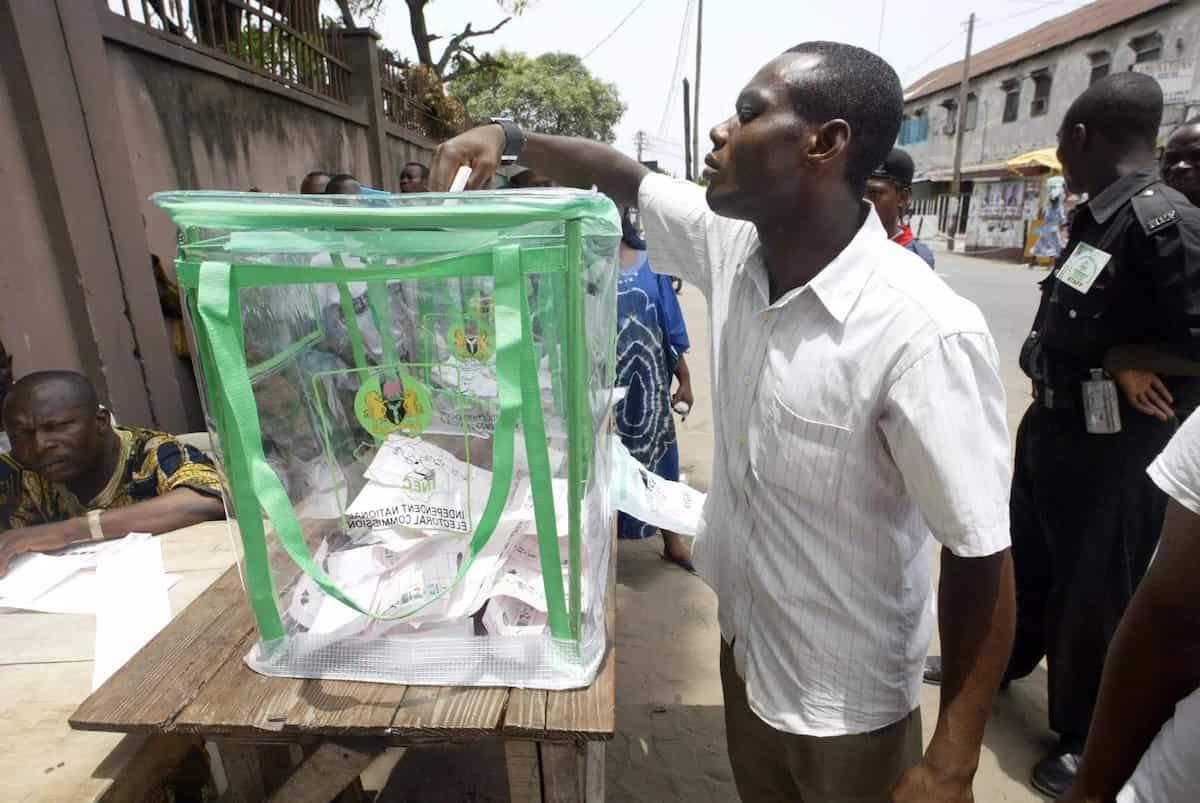
14
PETER OBI is a 61 year old optimist to dismantle the two-party systemPeoples Democratic Party and the All Progressives Congress which has been atthetopofthenation'spoliticalsystem sincetheendofmilitaryrulein1999.

with his mantra as a "OBIdients" candidat integ than other candidat
Obi, the former governor of Anambra State, who served from 2006 to 2014 is contesting under the Labour Party, which has gained more momentum since he decamped from the PDP. He presently enjoys continuous support on social media and amongst Nigeria's youth.
Thepoliticianandbusinessmanisknown
NIGERIA DECIDES 2023
ATIKU ABUBAKAR is contesting under the opposition PDP. He remains the only candidate contesting for the presidency seat five times and has lost all. The present 2023 election will make it thesixthtimeintherace.
He once worked in the Nigerian custom before becoming the vicepresident of the country under Olusegun Obasanjo. , as Atiku fondly called, has been accused of corruption like Tinubu but which he denies.

NIGERIA DECIDES 2023
15
BOLA AHMED TINUBU is the oldest in appearance among the candidates but said to be 70 years of age. He is the candidaterepresentingtheAPCparty.
Tinubu is known as a political godfather in the south-west region, particularly Lagos State, where he holds a large amountofinfluence.

Despite this, he has been accused of corruption, drugs over the years and his poor health status are some of what he had denied. His campaign slogan
One of the major issues confronting the country is unemployment. This has left many graduates dreadful that they may not find work even after years of university study. Data by the National Bureau of Statistics show that 33% of the population is unemployed. This implies an increase of 42.5% for younger adults. According to the World Bank, it is said four out of 10 Nigerians live below the “poverty line and lack education and access to basic infrastructure, such as electricity, safe drinking water, and improved sanitation." It is worthy to note that no matter how well an election is, any newly
“EmiLokan”which means(It'smy turn in language, a entitlement.
elected government will have to address this massive challenge to create the kind of democracy that can deliver real results for Nigerians. Despite being a major oil producer in Africa and across the world, these problems have been mounting for several years, leaving some Nigerians skeptical about whether whoever wins the election will actually be able to fix them Despite the large number of registered voters - 93.5 millionconcerns persist about apathy and how many people will actually show up on the day to cast their ballot.
NIGERIA DECIDES 2023
NIGERIA DECIDES 2023
16
Another problem facing voters is insecurity as the country is currently going through a kidnapping-forransom time and battling a militant Islamist insurgency in parts of the north. The June 5, 2022 mass shooting at a Catholic Church in Owo, attack on Kaduna-Abuja railway by assailants and several other cases resulted in people being killed or kidnapped. The Lekki toll gate killings and the ban of Twitter by the Federal government are some of the shortcoming of the present administration, which many may consider.
Aside from insecurity, the nation’s economy is another area of concern for Nigerians. Nigeria’s economic stagnancy, according to the World Bank, has pushed close to eight million people below the poverty line between 2020 and 2021, with five million more joining their ranks between January and September, according to the World Bank. Job prospects for young people have dwindled rather than expanded during Buhari’s tenure, while food prices have risen at the fastest rate in seventeen years.
The National Bureau of Statistics reports that 63 per cent of the population of approximately 210 million is now “multi-dimensionally poor”. It was reported in 2022 that
the inflation rate of the country rose for 10 months in a row, just dipping to 21.3% according to the latest figures released this month. This rising cost of living has left many families struggling to make ends meet, with local media describing the situation as "dire". With almost 40% of registered voters under 34, the vote has been called the "election of young people" by elections Chief Mahmood Yakubu.
In addition are constant attacks on offices of the Independent National Electoral Commission (INEC). INEC oversees, conduct elections in the country. The attacks may have an effect on the electoral process. As the election draws nearer, Nigerian youth are excited to vote as eleven million new voters, amounting to 84 per cent of who are aged between eighteen and 34.
The election mood keeps rising and many are in anticipation to vote for their favourite candidate. While this is ongoing, Africa Peace Magazine calls on security operatives to be vigilant and at alert in protection of voters before, during and after. Also, the electoral body needs to be more proactive and ensure election materials are ready and available on time when the election comes.
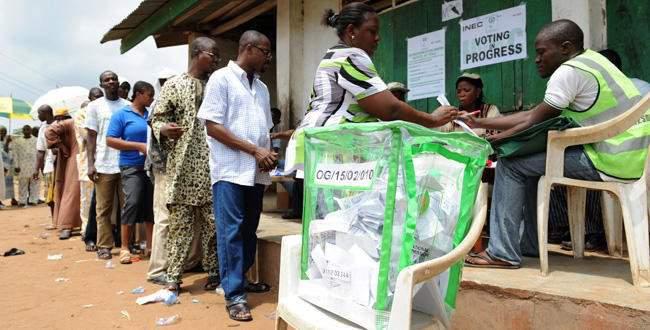
NIGERIA DECIDES 2023 17
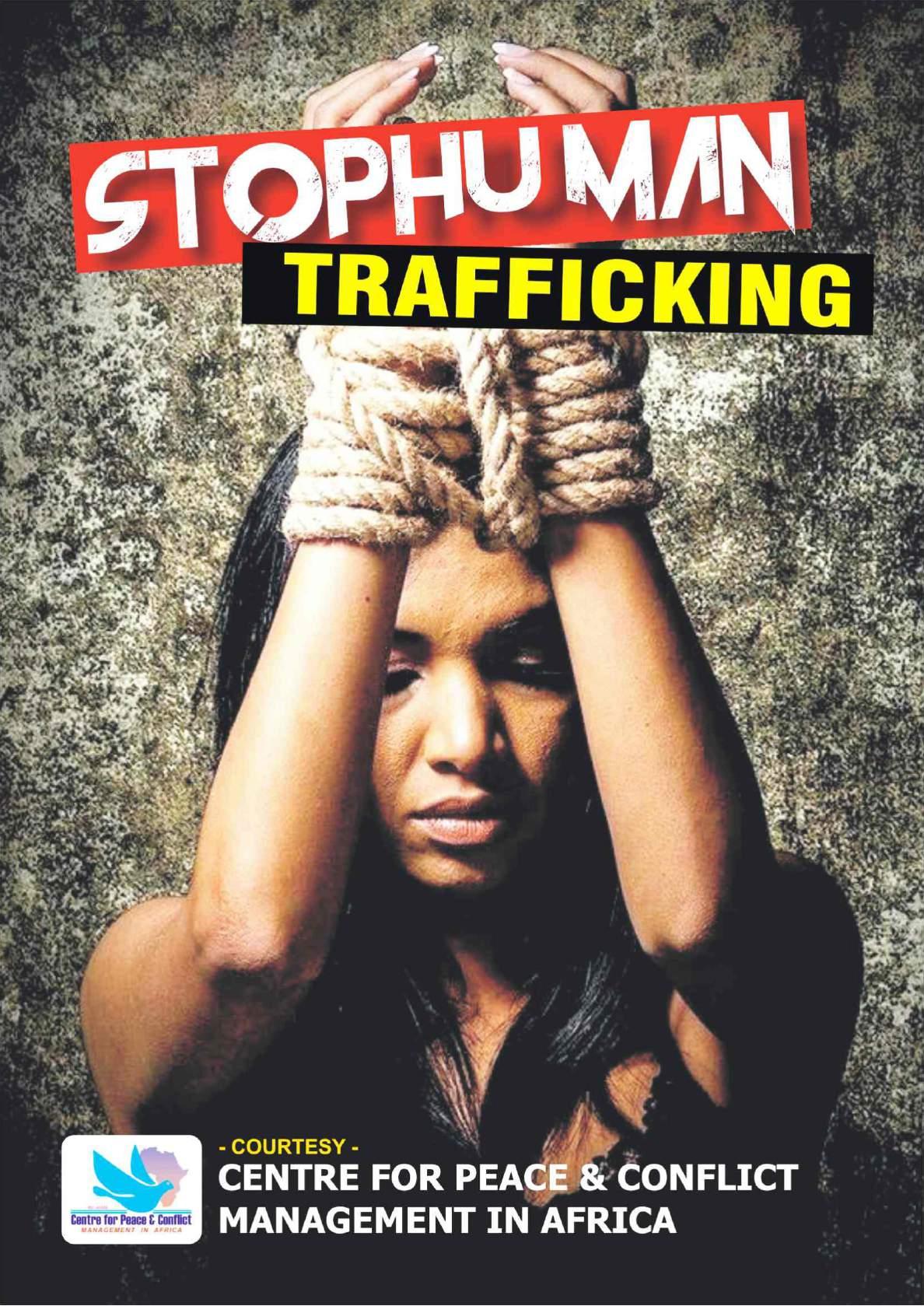
Fuel New Naira Note & Scarcity

Two major national issues affecting Nigerians at the moment - scarcity of fuel and the new Naira notes. In Abuja, the federal capital territory of the country, it was learnt that fuel scarcity had begun since early 2022 but became more problematic in December 2022, cutting across all States in the country.



Ahead of the presidential and States elections coming in the country, the Independent National Electoral Commission, INEC disclosed the present fuel scarcity might affect logistic plans of the commission for the February 25 and March 11 polls. The Chairman of

the Commission, Mahmood Yakubu, said this during a consultative meeting with the Nigerian Association of Road Transport Owners NARTO, the National Union of Road Transport Workers NURTW, and other transport unions existing in the country. He said, “The commission shares your concern about the fuel situation in the country and its impact on transportation on election day. “The truth is that our arrangement may be negatively affected by the nonavailability of products. “For this reason, the commission will this afternoon meet the Nigerian National Petroleum Company (NNPC) Limited to look into ways to ameliorate this situation.”

19
He further disclosed that inter-state trips won’t be permitted, saying all INEC and adhoc staffers must not be moved beyond their local government areas. The commission also noted it would be mobilizing close to 100,000 vehicles and 4,000 boats for the deployment of personnel and materials to 176,846 polling units spread across 8,809 Registration Areas and electoral wards in 774 Local Government Areas across the country.
As part of ensuring seamless availability of fuel, INEC has requested the use of Nigeria National Petroleum Commission land and floating mega stations nationwide to service election duty vehicles and boats. “The use of the NNPC land and floating mega stations nationwide to service our election duty vehicles and boats. We will bear the cost of the products. By doing so, there will be guaranteed supply for elections; “A special arrangement with other marketers in locations where the NNPC may not have dedicated stations; and consider other options to support our
seamless operations on Election Day,” Yakubu said.
Following the fuel scarcity and hike in the product, protesters barricaded roads in Benin City, Edo State of the country on Monday, 29th of January, 2023. The official price of the product was N165 per litre before recent reports accused the government of quietly increasing it to N185 per litre. Due to the scarcity of the product and the rising demand, many fuel stations have been selling for between N340 and N400 per litre. In 2022, the Independent Petroleum Association of Nigeria (IPMAN) attributed the fuel scarcity to the unavailability of petroleum products and difficulty in accessing foreign exchange by marketers.

On October 26th, 2022 the Governor, Central Bank of Nigeria, Godwin Emefiele, disclosed re-designation of the Naira notes by December 15th, 2022. Emefiele said the step taken would help to curb counterfeit notes, hamper ransom payment to terrorists and kidnappers, help lessen the rate of inflation and control the amount of money in circulation.
In the disclosure, the apex bank governor said the affected notes would cease to be legal tender by January 31, 2023. Due to inaccessibility of the new notes, CBN extended the deadline till February 10
20
“Based on the foregoing, we have sought and obtained Mr President’s approval for the following: a 10-day extension of the deadline from January 31, 2023, to February 10, 2023 to allow for collection of more old notes legitimately held by Nigerians and achieve more success in cash swap in our rural communities after which all old notes outside the CBN loses their Legal Tender Status.
“A seven-day grace period, beginning from February 10 to February 17, 2023, in compliance with Sections 20(3) and 22 of the CBN Act, allowing Nigerians to deposit their old notes at the CBN after the February deadline when the old currency would have lost its Legal Tender status,” Emefiele while announcing the extension in a statement said.

Despite the extension, Nigerians still find it difficult to access the fund as point of sales, POS do not open and banks automated teller machines are not dispensing cash.
The CBN governor has said banks are to blame for the scarcity of new naira notes.
He said some of them have not complied with a directive to only load
the new notes on Automatic Teller Machines (ATMs).
Emefiele said instead, the banks have been handing out bundles to individuals who spray them at parties.
Earlier, the Senate had invited Emefiele but he shun the invitation to explain reasons behind the Naira scarcity.
However, apologizing for his inability to honour previous invitations, he said the CBN met many times with the banks and provided them with guidance notes on the collection and processing of old notes and the distribution of new ones.
21
He said: “These include specific directives to the banks to load the new notes into the ATM nationwide to ensure equitable and transparent mechanisms for the distribution of the new notes to all Nigerians.
“We wanted to be sure that as the currency is issued; the banks must go through a process that is equitable and transparent, not treating some customers as a priority and some as less important.
“They were told to load this currency into the ATM. The ATM is a robot. People can only collect a maximum of N20, 000 or N40, 000, whether they are priority or not priority customers.

“I addressed the bankers on Sunday and I expressed to them my disappointment and in fact, the disappointment of the President and that of leaders with the way this has gone.
“Many of us have unfortunately seen the new naira, instead of being used for the purpose it’s meant, is used in parties, in celebrations.
“Some said, maybe, it’s money from the ATM and I said no, money from the ATMs is already broken. They (the ones spread at parties) are in leaflets.
“What we saw being stamped on people at parties were packages of the new naira notes, which means they (banks) had breached certain aspects of the guidance note we gave to them.”
African Peace Magazine observed businesses have not only been affected by this but also spurge in the increase of transport, purchase of goods and services rendered by individuals in various sectors.
It is however important the government steps in at this point and to quench the hardship faced both in the fuel and scarcity of new notes.
This may possibly affect the turnout of the upcoming elections and spurge the inflation rate in the country.
22









23
CRYPTO AFRICAN Market
Acryptocurrency is a type of currency that uses digital files as currency based on an open, distributed ledger that records transactions in codes called block chain technology. Usually, in cryptocurrency, the files are created using the same methods as cryptography (the science of hiding information).
Cryptocurrencies make it seamless to transfer and receive money globally, which is a game-changing alternative for countries with underdeveloped banking infrastructure, which many Africa countries are presently. Since crypto-based transactions reduce the risk associated with international trading, safety concerns are also improved in this situation.
Cryptocurrencies are quicker, cheaper and easier to use. It makes use of

“decentralized control”, which implies that it is not controlled by a single person or government. It is a new currency technology not limited by geography because it is internet-based. Cryptocurrencies were more accessible than traditional banks during the pandemic and lockdowns and this expanded the use and growth across Africa.
Africa is one of the most promising continents for cryptocurrency adoption. This is because it’s a potential market where cryptocurrency has yet to take shape. Africa, the second-most populous continent in the world with over 1.5 billion inhabitants, boasts a truly diverse and developing economy and market space. Examples of the currencies include Bitcoin, Ethereum, Litecoin, XRP, Cardano, EOS, Monero, etc, but Do4Africa explains. Bitcoin leads the pack in Africa and worldwide.
24
The development and acceptance of digital currencies in Africa have been truly used. In 2022, the digital asset industry saw several high-profile breaches of trust and was largely characterized by volatility, the adoption of cryptocurrencies within the continent continued to grow. According to TechPoint Africa, Africa's cryptocurrency market has grown by over $100 billion in the last year, making Africa a target investment for the crypto market in years to come. It allows everyone with access to a mobile device and internet connectivity the opportunity to engage in activities similar to those conducted through financial institutions and intermediaries. That includes payments, sending remittances and making investments.
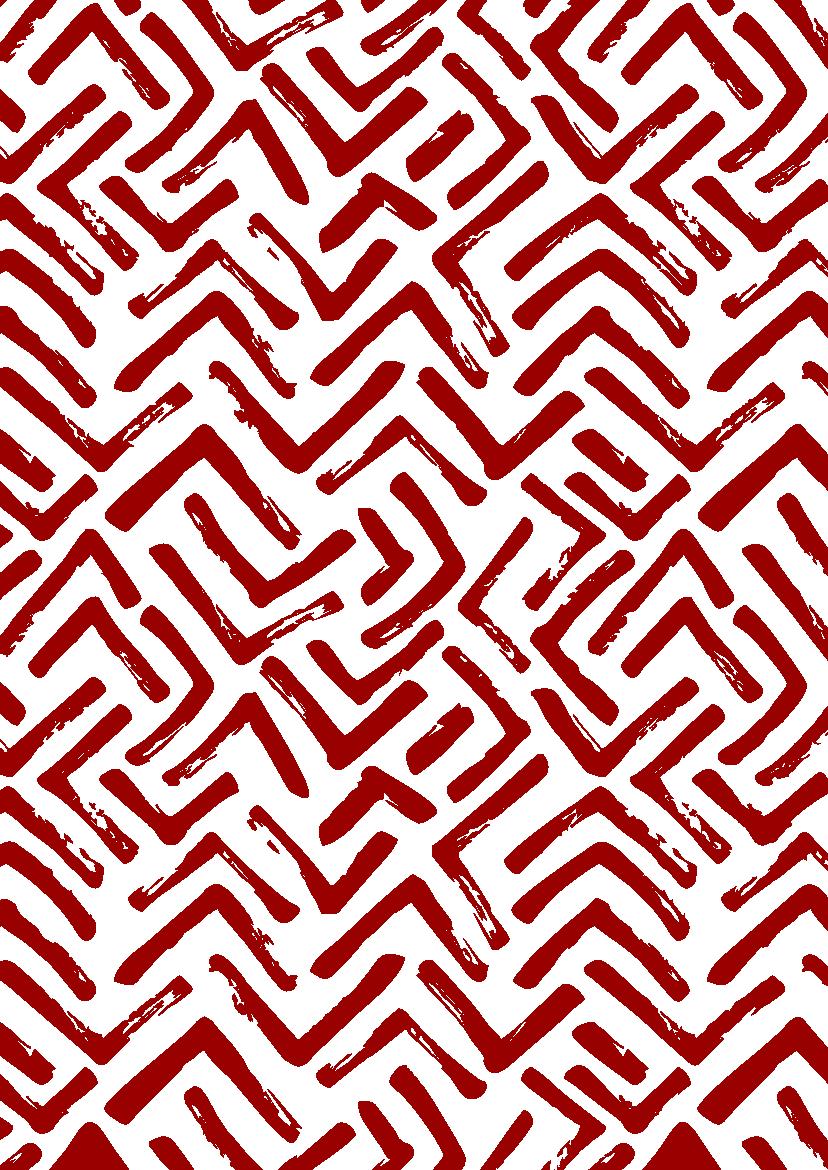
According to a UNCTAD, a United Nations agency, cryptocurrencies have become popular in African and other developing countries Significant proportions of it in Kenya (8.5%), South Africa (7.1%) and Nigeria’s (6.3%) populations are using these digital currencies. It is to be noted that in June 2022, the Central African Republic adopted bitcoin as a legal tender.
According to a report by BBC, the number of businesses accepting Bitcoin and other cryptocurrencies has increased in Kenya. Despite the Central Bank of Kenya’s warning about the volatility of these cryptocurrencies. Also,
according to the Blockchain Association of Kenya, the amount of Bitcoin traded in 2021 was worth more than $1.5 million. This number is expected to grow significantly as cryptocurrency adoption grows.
Nigeria, Africa’s most populous country is another country where cryptocurrency adoption is on the rise. Even better, platforms in Nigeria facilitate the sale and purchase of cryptocurrency in local currency. Because of the growing popularity of cryptocurrency in Africa, cryptocurrency transactions are now accepted by merchants. As adoption grows, it is almost certain that crypto payments will become the norm.
A report by Arcane Research, a channel that deals with digital asset research and analysis, African countries are among the top countries in terms of Bitcoin adoption. These countries are South Africa, Nigeria, Kenya, Uganda, and Ghana.
“
its probably easier and cheaper to counterfeit hundred-dollar bill than it is to counterfeit Bitcoin
25
- NAVAL RAVIKANT © GRACIOUSQUOTES.COM
Aside from Bitcoin, other cryptocurrencies with high adoption rates in Africa include Ethereum, Lisk, and Dash. Zimbabwe, South Africa, Kenya, and Nigeria are among the countries where these currencies are widely used. In other words, African countries have a long way to go in terms of cryptocurrency adoption.
According to Finder's crypto adoption trends report for August 2022, about four million people, or 10 per cent of South Africans, are cryptocurrency holders. According to Chainalysis, Africa is one of the fastest-growing crypto markets in the world but remains the smallest, with crypto transactions peaking at $20 billion per month in mid-2021. It noted Kenya, Nigeria, and South Africa to have the highest number of users in the region.
According to BitcoinAfrica.io, the top 5 African countries whose communities are adopting Bitcoin are South Africa, Nigeria, Zimbabwe, Kenya, and Ghana. They have the most demand for digital currency as well as the most active local cryptocurrency communities. South Africa, Nigeria and Kenya appear in the top 10 countries by Cryptocurrency
Adoption
According to the 2020 Geography of Cryptocurrency Report.” Chainalysis, the top 10 Countries in Crypto Adoption Index are:
5. Kenya
6. United States of America
7. South Africa
8. Nigeria
9. Columbia
10. Vietnam
It was reported that Nigeria has one of the most dynamic peer-to-peer Bitcoin trading markets in the world, but Cryptocurrency has been banned and advised its citizens that Bitcoin investments had no legal cover. On the 12th of January 2017, Central Bank of Nigeria warned all the Banks and Financial institutions in the country to never use, hold, trade, or transact any virtual currency. Less than a month later, on the 5th of February 2021, the apex bank ordered banks across the country to close the accounts of anyone who deals in cryptocurrency.
However, Nigeria is not the only country in Africa that has banned cryptocurrency. Morocco, Algeria, Libya, Egypt, Zambia, Zimbabwe, and Namibia have banned the use of cryptocurrency. However, policymakers in the continent are worried that cryptocurrencies can be used to transfer funds illegally out of the region and to circumvent local rules to prevent capital outflows. Widespread use of crypto could also undermine the effectiveness of monetary policy, creating risks for financial and macroeconomic stability.
 1. Ukraine
2. Russia
3. Venezuela
4. China
1. Ukraine
2. Russia
3. Venezuela
4. China
26
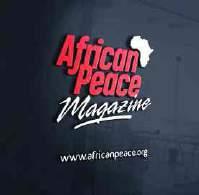

27
UNENDING CYCLE OF CORRUPTION IN AFRICA
Generally, corruption is a global phenomenon. However, it strikes home at individual level and can have a devastating effect on African communities. Although it is a strenuous term to define, Machiavelli popularized the oldest dimension of corruption as the decline of virtue among political officials and the citizenry. The psychologist defines corruption as the undermining of political values. Corruption as the decline of virtue has been criticized as too broad and far too subjective to be universalized.
While performing work for a government or as a representative, it is unethical to accept a gift. When such gifts are collected, it may be labelled as corruption. Any free gift could be construed as a scheme to lure the
recipient towards some biases. In most cases, the gift is seen as an intention to seek certain favors such as work promotion, tipping in order to win a contract, job or exemption from certain tasks in the case of junior worker handing in the gift to a senior employee who can be key in winning the favor. Also, Sociologist Christian Höffling and Economist J.J. Sentuira defined corruption as social illness; the latter defined corruption as the misuse of public power for one’s profit.
A part of this menace called political corruption decreases democracy and good governance by flouting or even subverting formal processes. It extends to corruption in elections and in the legislature reduces accountability and distorts representation in policymaking; while existence of such in the judiciary
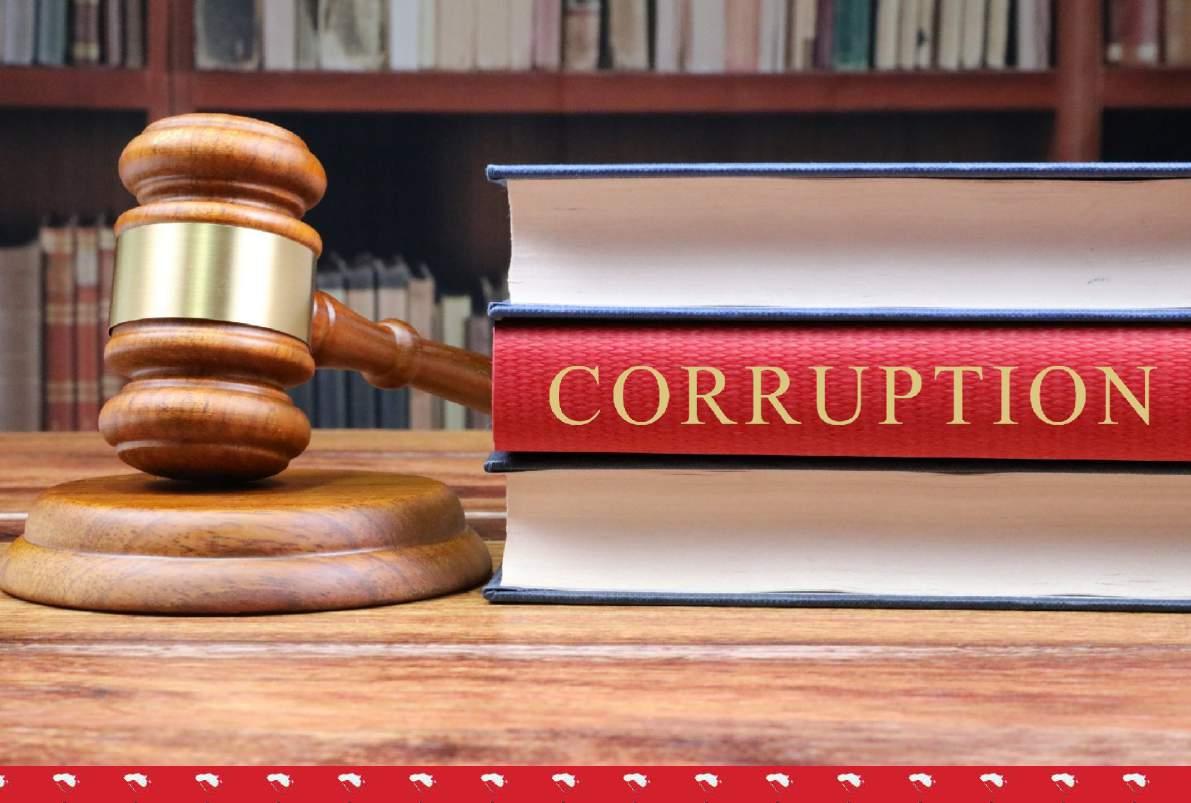
28
compromises the rule of law; and corruption in public administration results in the inefficient provision of services. Various forms of corruption are bribery, lobbying, extortion, cronyism, nepotism, parochialism, patronage, influence peddling, graft, and embezzlement. Corruption may facilitate criminal enterprise such as drug trafficking, money laundering, miss misuse of government power for other purposes, such as repression of political opponents and general police brutality, is also considered political corruption.
In a 2007 publication titled "A Vicious Circle of Corruption and Mistrust in Institutions in sub-Saharan Africa: A Micro-Level Analysis" by W Cho, M.F Kirbin it noted nineteen of the world’s thirty-five most corrupt countries are in Africa, and corruption in the continent is deepening. Recent anti-corruption initiatives have been flawed: Nigerian investigations were directed against government opponents, while corrupt practices in Kenya persisted despite the election of an anti-graft candidate Several reasons have been given to explain the prevalent corruption, such as Africa’s “mode of dependence”, its “predatory economy”, its institutions’ lack of legitimacy and the conflict between African politicians’ “primordial and civic duties”. While functionalist commentators argue that corruption can increase government efficiency by overcoming bureaucratic obstacles, empirical evidence tends to support
those who believe that it inhibits development.
In September 2022, the President of Nigeria, Muhammadu Buhari decried corruption has reduced growth in Africa and tainted nations within the continent. He noted that Africa remains at the far end of the development index and that the concerted efforts made in the last few years need to be sustained, and deepened by good governance and accountability that are guided by the rule of law He said, ‘’As you are all aware, this will be my last official participation at the United Nations General Assembly as President of the Federal Republic of Nigeria. “I remain honoured and privileged to be President of Nigeria for two terms and I am grateful to the African Union for making me the Continental Organisation’s Champion on efforts to eliminate corruption nationally and continent-wide.
29
Over the years, we came to the painful realisation on how deeply embedded corruption has become in our countries and continent, as well as how corrosive it can be. Corruption has dwarfed our growth and tainted our nations and continent. Africa remains at the far end of the development index and concerted efforts made in the last few years need to be sustained, and deepened by good governance and accountability that are guided by the rule of law. “I have strong faith that Africa and our national governments can do this with strong resolve and commitment to eliminating Illicit Financial Flows” Vickson Ncube, Chief Executive Officer, Pan African Federation of Accountants in his 2017 piece, "When Corruption Becomes a Way of Life, and What to Do about It" was of the opinion that the failure of political governance has made corruption endemic in Africa, and is a shared fundamental root cause.
He posited that most African governments come to power through corrupt and weak institutions, such as electoral commissions and the judiciary. It is too much to expect a government that comes to power through a corrupt electoral system to then turn round and fight corruption. Unfortunately, the international elections observer will, at the end of the day, tell the world “the elections were generally free and fair.” How can professionals no matter their determination be expected to be work with integrity under such a government? In addition, he mentioned the media that has generally taken sides instead of
being independent arbiters. The media generally has adopted the philosophy of “my friend’s corruption is alright, but that of my enemy is really bad.” The South African government in a 2019 piece titled, “End cycle of corruption” noted that in South Africa, 57% of ordinary citizens think they can make a difference in the fight against corruption, in the Great Lakes of Malawi the thinking is similar, standing at 48%. In Kenya, the fight is strong at 54%, while in Zimbabwe corruption has decreased, and in Lesotho the power of the united front against corruption now stands at all-time high of 65%.
The World Bank, in a publication on Governance for Development, curated 10 ways to fight corruption, not just in Africa but globally.
1. Corruption is not only about bribes: People especially the poor get hurt when resources are wasted. That’s why it is so important to understand the different kinds of corruption to develop smart responses.

2. Power of the people: Create pathways that give citizens relevant tools to engage and participate in their governments –identify priorities, problems and find solutions.
3. Cut the red tape: Bring together formal and informal processes (this means working with the government as well as nongovernmental groups) to change behavior and monitor progress.
30
4. It’s not 1999: Use the power of technology to build dynamic and continuous exchanges between key stakeholders: government, citizens, business, civil society groups, media, academia etc.

5. Deliver the goods: Invest in institutions and policy –sustainable improvement in how a government delivers services is only possible if the people in these institutions endorse sensible rules and practices that allow for change while making the best use of tested traditions and legacies – imported models often do not work.
6. Get incentives right: Align anti-corruption measures with market, behavioral, and social forces. Adopting integrity standards is a smart business decision, especially for companies interested in doing business with the World Bank Group and other development partners.
7. Sanctions matter:
Punishing corruption is a vital component of any effective anticorruption effort.
8. Act globally and locally: Keep citizens engaged on corruption at local, national, international and global levels – in line with the scale and scope of corruption. Make use of the architecture that has been developed and the platforms that exist for engagement.
9. Build capacity for those who need it most: Countries that suffer from chronic fragility, conflict and violence– are often the ones that have the fewest internal resources to combat corruption. Identify ways to leverage international resources
to support and sustain good governance.
10. Learn by doing:
Any good strategy must be continually monitored and evaluated to make sure it can be easily adapted as situations on the ground change.
Consequences of corruption certainly further impoverish poor people, and it is likely that corruption also limits economic growth and distorts government efforts to promote development. In order to promote integrity and defeat corruption, all of society needs to work together. Citizens in African countries must hold those charged with the responsibility of managing resources, whether in the public or private sector, to account for the use of these resources. Internationally, no country should allow itself to be a haven for corrupt proceeds from Africa.
Conclusively, Okonjo Iweala said in 2019 said, "Africa needs to focus its anticorruption fight on long-term, highreturn institution building activities, coupled with the justice infrastructure and political will to hold those who transgress accountable. This process should start by making key government statistics open and transparent, enabling citizens to keep on top of important information and build trust in their governments. Only with these pragmatic approaches can the continent record wins against corruption."
31


32





33

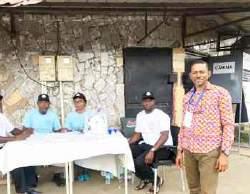


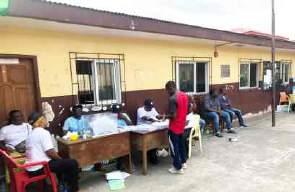











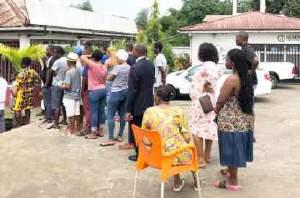


34







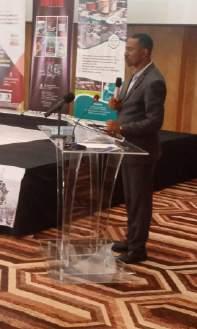




35




















36
LONDON
PEACEReligiousTOLERANCE Through
Religious tolerance can be termed as a situation whereby people of different faiths live together peacefully and accommodate each other's view without violent crisis and respect one another's view without clash. It could also be said to be the path to world peace. It could also mean no more than forbearance and the permission given by the adherents of a dominant religion for other religions to exist, even though the latter are looked on with disapproval as inferior, mistaken, or harmful.
To realise global peace implies avoidance of violence or any act other than peacekeeping and follow the ethic that is preached by all religions. Religious tolerance is to maintain peace among people from all over the world
as believers and non-believers occupy the same community. A society worth living in is one in which religious tolerance is alive and well. Sociological as religion is, the act of toleration has always had a political aspect as well. Back to history, most incidents and pieces of writings relating to toleration involve the status of minority and dissenting viewpoints in relation to a dominant state religion.
It should be of note that religion can serve as a tool to boost either conflict or peacebuilding. The ignition of any of these determines what the society becomes.
Research indicates that recent violent conflicts also have involved religious beliefs themselves.
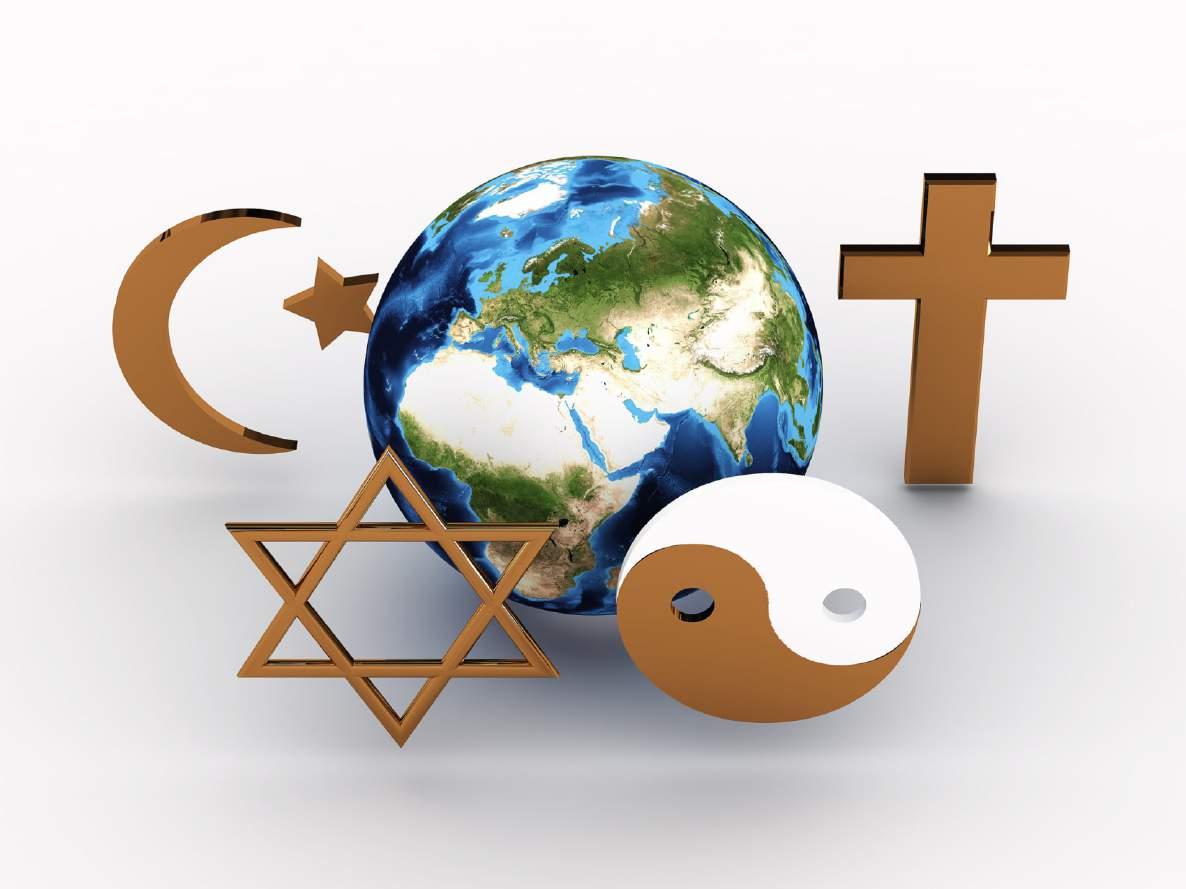
37
However, it may not be the major cause of conflict, even when the opposing groups, such as Protestants and Catholics in Northern Ireland, are differentiated by religious identities, but it has also been a contributing factor in some violent conflicts, whether in its own right or as a proxy for political battles, in places as widely scattered in places like Northern Ireland, the Middle East, the Balkans, Sudan, Indonesia, and Kashmir. Also, activists in religion noted that "religion, unfortunately, is often the most visible difference between contesting groups and, as a result, frequently is blamed for conflicts and it may, indeed, be instrumentalized or become a mask for violence.
Nations without a dominant religious group are on average, 17% more peaceful than countries with a dominant religious group. These countries also have on average 25% less religious restrictions and religious hostilities are 40% lower while countries where 60% of the population identifies with a particular belief system or denomination have a dominant religious group. In Professor Usman Muhammad’s piece titled “Tolerance and Harmony to Fight against Religious Extremism", the lecturer from the Department of International Relations at Kaduna University in Nigeria, admonished the Community to make use of the national legislations to the urgent need


for resilience and countering violent extremism.
In the piece, he believed legislation in force in ECOWAS member countries is for tolerance and freedom of worship. But the reality on the ground is different, according to him, given the manifestations of religious extremism which affect several States. He therefore invites parliamentarians to adopt national laws which further repress these abuses and promote religious tolerance and harmony.
According to the President of the Lutheran World Federation (LWF), Rev. Musa Filibus, he also dislocated religious tolerance and peace building often led to track development in Nigeria. He said no nation can develop when there is absence of peace building and religious intolerance. Research by the Institute for Economics and Peace (IEP) indicates that when it comes to affecting levels of peace within countries, religion is not a major driver. The research which was published in 2014, mentioned other socio-economic factors have a more significant influence on peacefulness than religion. Factors such as Corruption, gross domestic product per capita, inequality, gender, political terror and intergroup cohesion all have a greater correlation with the level of a country’s peace than religion.
38
It shows that these factors are globally factors in driving violence and conflict in society than the presence of religious belief. The only significant connection between religion and peace found in IEP’s analysis is that high levels of peace are related to either low levels of religious diversity, or high levels of religious diversity. Moderate levels of diversity see lower levels of peace highlighting the bell curve nature of the link between peace and religious diversity. The research revealed the empirical relationships between peace, as measured by the Global Peace , and various religious measures Index related to levels of religious belief, restrictions and hostilities towards religion, combined with a number of other socio-economic factors, to statistically explain the relationship between conflict, religion and peace. It came up with higher levels of peace in countries without dominant religious groups and less government restrictions on religion.
Religious plurality appears to have a pacifying effect, if there are no official restrictions. Alternatively, if the members of a religious group dominate, they are likely to be able to access and use the power of the state, which can lead to persecution of other religious groups.
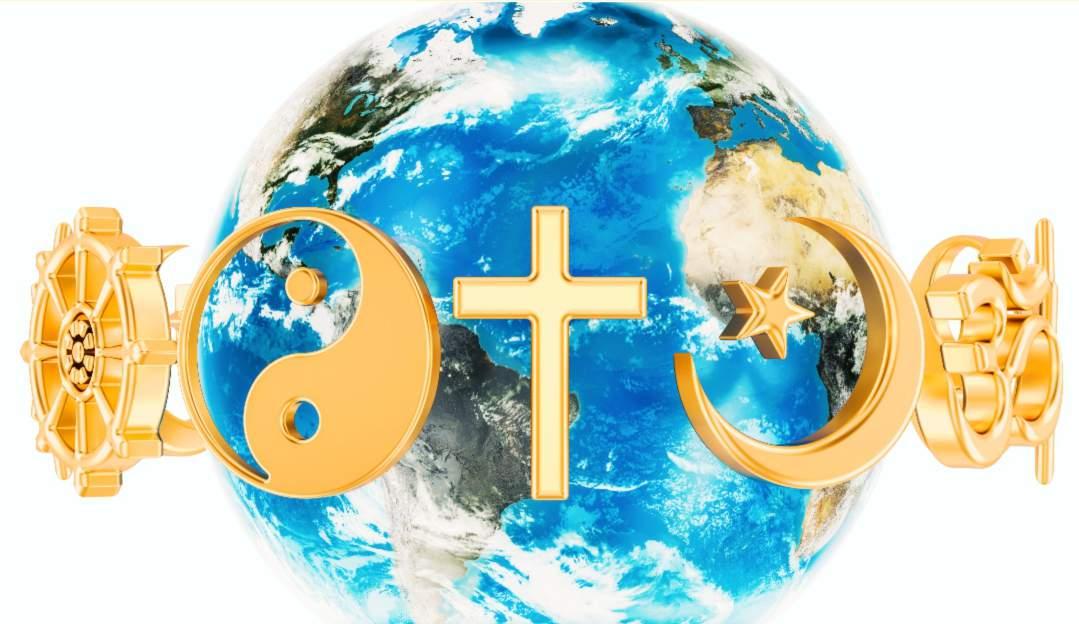
, Representatives of Dr Samuel Lamptey the ECOWAS Commission in Cape Verde once disclosed religious intolerance poses a threat to the region’s development and integration programme in a delocalised meeting of
the joint Committee on Education, Science and Culture/Committee on Health/Committee on Telecommunications and Information Technology, themed, “Religious tolerance and harmony: Essential factors for development, peace and stability in ECOWAS region”. The Ecowas Community of West African StatesECOWAS, created on May 28,1975, by the Lagos Treaty, has the mission of promoting regional cooperation and integration with a view to create an economic union in West Africa and thus contributing to improving the standard of living of their populations.
However, the cyclical conflicts and the instability that occurred in our sub region in the 1990s, early 2000s and that continue to the present day, led to the conclusion that the desired economic prosperity, translated into the guarantee of economic growth, promotion of good relations between member states, progress and development of the African continent, cannot be achieved in the absence of peace and security in the sub-region,” he said. The need for religious tolerance, therefore, cannot be sidelined in the development, growth and sustainability of any nation. There are more to development when religious tolerance exists than not.
39

40








41
+2347025003543
+447466234902;
TIPS TO SAFE TRA ELS
IN AFRICA

There are 54 countries as well as quite a few disputed territories. It is the world's second-largest and second-most populous continent, after Asia in both cases. It covers 6 per cent of earth's total surface area and 20 per cent of its land area, about 30.3 million km² including adjacent islands. With 1.4 billion people as of 2021, it accounts for about 18 per cent of the world's human population. It is considered to be the second largest continent in the world with a total area of around 11 million square miles that account for 5.7% of the earth's surface as well as 20% of the total surface of land on our planet.
Africa has a rich geography as well as an interesting history thus making it a continent with such biodiversity that is awe inspiring. Africa has much more to it than poverty and apartheid, for which it is well known the world over. Algeria is now the
largest African country by geographical area after Sudan was split into Sudan and South Sudan. Cairo, the capital city of Egypt and is also the largest city. Africa’s mining is well known and the continent produces at least 50% of the diamonds and gold in the whole world. The rest of the countries around the world contribute to the remaining 50% of the production of these precious stones and metal. Before getting to know what safety tips to look out for, the facts below about Africa would help you to understand more about this beautiful continent.
Africa is the second largest and the second most populated continent occupying about 12% of the world population and has about 3,000 distinct ethnic groups while Nigeria alone has about 370 of these tribes that have been officially recognized.

42
Nigeria, a country in Africa is the most populated country in the continent and has an estimated population of over 200 million The largest waterfall in Africa is the Victoria Falls and it is located on the Zimbabwe and Zambia border. It has a height of 355 feet and the width of the waterfall runs into almost a mile.
About 2,000 different languages are spoken in Africa and each of them have different dialects while Arabic is the language that is most widely spoken in the African continent and boasts of having the longest river in the world which is the Nile that runs for around 4,150 miles before it meets the ocean. It flows through several African countries such as Ethiopia, Sudan, Uganda as well as Egypt thus making the land extremely fertile.
Also, the largest desert in the world, the Sahara desert is in Africa and it spans across at least a dozen countriesaround 3.5 million square miles while Mount Kilimanjaro, the largest mountain in Africa stands tall at 19,340 feet; and Lake Victoria is the largest lake in Africa measuring 26,560 square miles.
Madagascar is the largest island in the African continent and it lies just off the east coast of Africa. It has a length of around 1,000 miles with a width of around 350 miles. This island is also the 4th largest island in the world.
South Africa is also home to the ‘largest green canyon in the world’ and it is known as the Blyde River Canyon and this is also the 3rd largest Canyon in the world.
SAFETYTIPS
Before traveling, ensure you share your journey with someone you trust. This includes the address and phone number of your accommodations and transportation information.
þ Locate a nearby police or security office and have a contact you can reach out to, in case of emergency.

þ It is important to note that staying out or walking alone in dark quiet areas can be risky. Instead, the services of a trusted taxi or mobility company service can be sought.

þ If traveling, drive with doors locked and windows closed.
þ Be sure your hotel room is always locked.
þ Do away with visiting informal settlement areas unless you are with a guided tour offered by a reputable company.

43
þ Be aware of your environment
þ Do not flaunt or show off your money or valuables where not necessary or publicly.
þ Safeguard your personal belongings at all times
þ Always pay special attention while seated at restaurants and café terraces, when you are withdrawing money from ATMs or walking around tourist attractions, and public places.
þ Don’t wear expensive jewelry in an ostentatious way.
PLAN YOUR JOURNEY: Before embarking on a journey, there is a need to map out your journey and access to getting there.

þ Find out about cab and transport companies available and reputable in the area. Know if they accept credit cards or just cash? Is there a number you can call if you have a bad experience?
þ If you plan on taking public transportation, look for a mobile app that has real-time updates for the transportation system at your destination. This can help
you avoid waiting for a bus in an isolated area.
þ Employ the use of Google Map, Earth to plan out the area around your destination.
þ Find a hospital or police station close by and check to see if there are local bus stops in the area or a shopping center where you can easily find a cab. If you plan on going out in the evenings, plan your return trip in advance.
þ Have an address of your lodging written down or memorized in the local language.
is a beautiful place to be and Africa tour. It boasts of the best flora and fauna in the world. It has the most flourishing wildlife in the entire world. It also houses some of the fastest animals on land such as the cheetah, wildebeest, gazelle and lion.
44

ADVERTISE WithUs Your Goods & Services through the pages of our magazine editions To our over readers 50million You can reach your audience in no time through our various platforms 45 +447466234902; +2347025003543
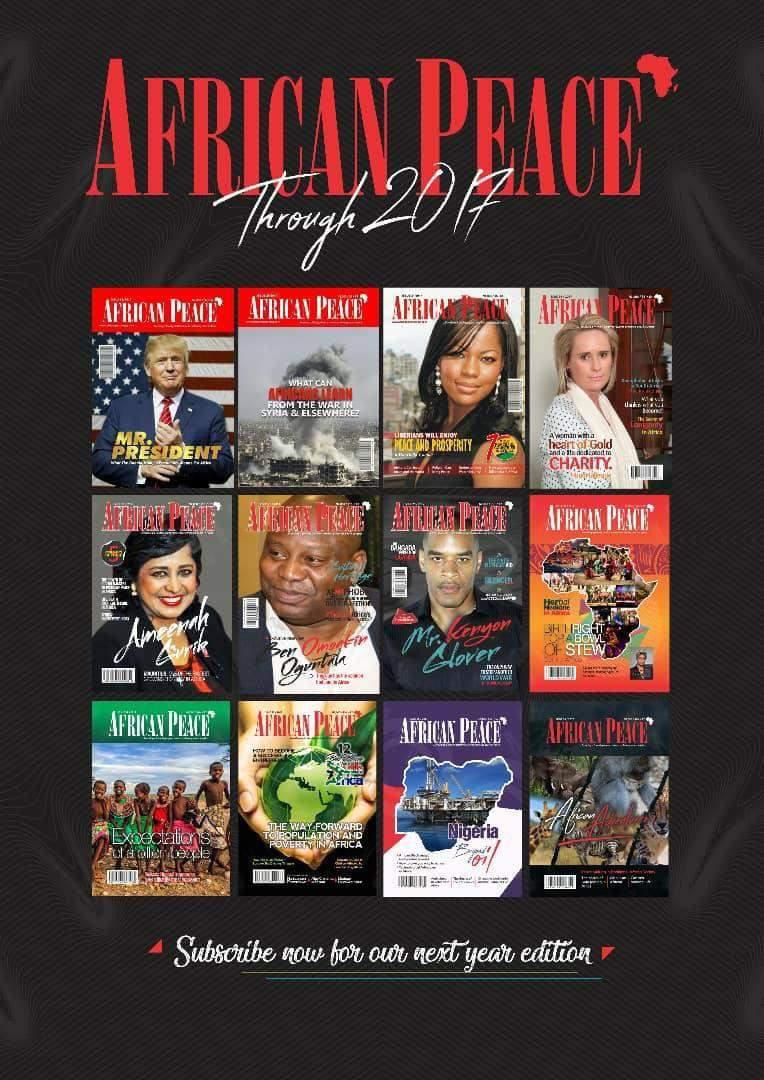
46

47
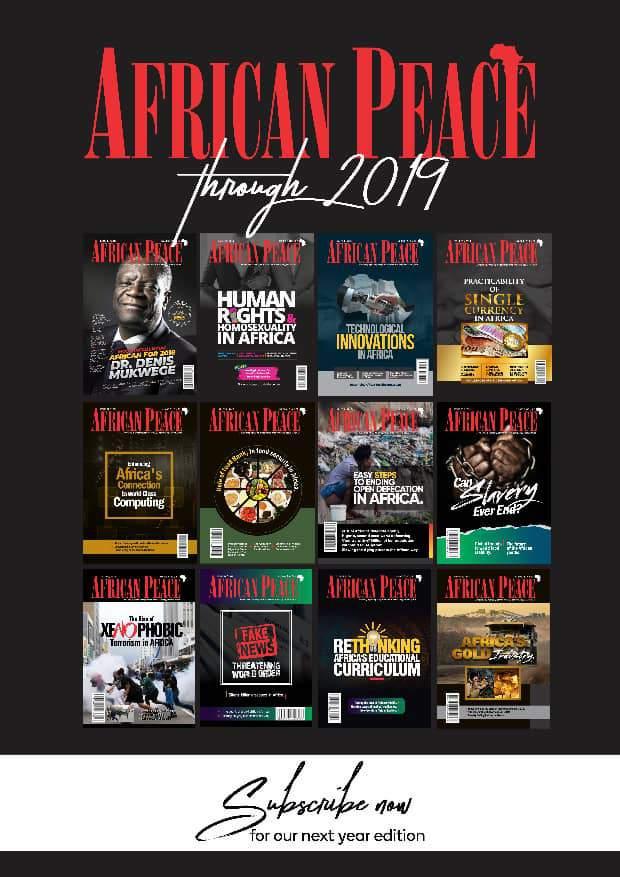
48


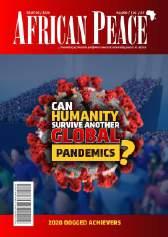
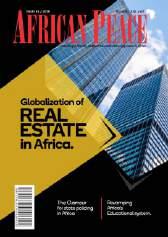
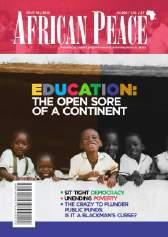
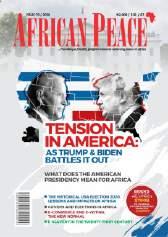


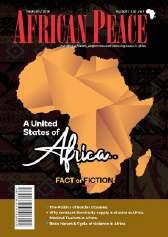
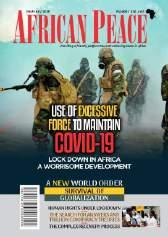


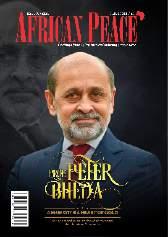
now for our editions next year Subscribe 49
2020 Through
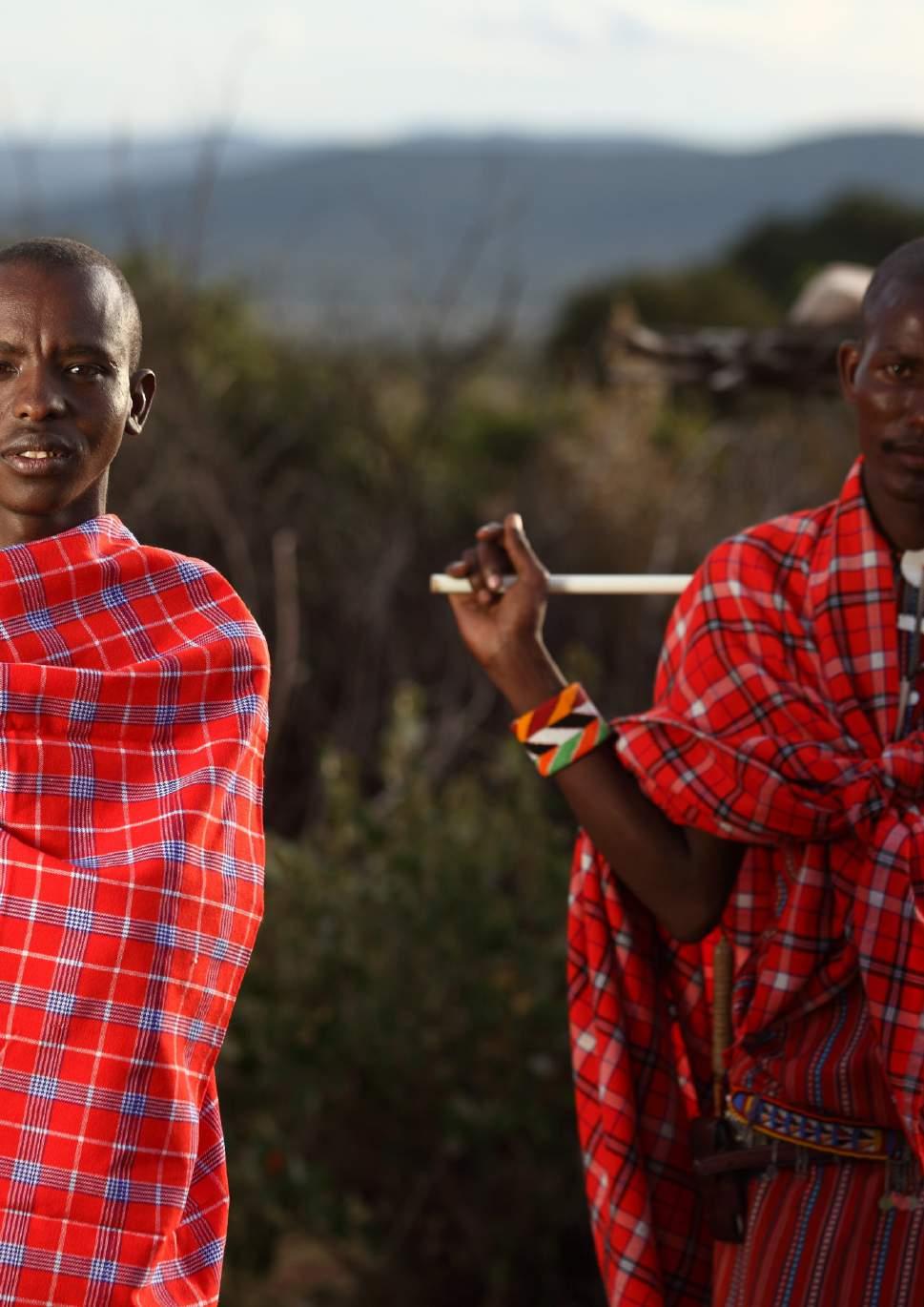
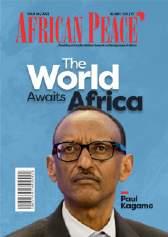
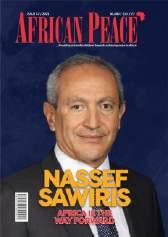




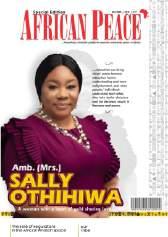
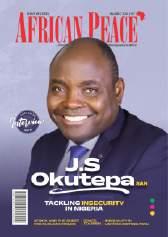

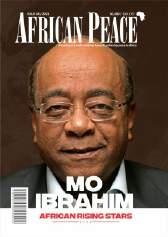
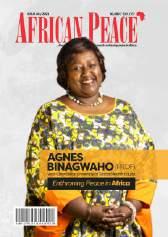
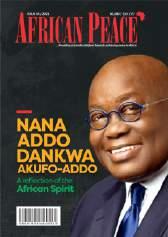
2021 Through now for our editions next year Subscribe 50

51
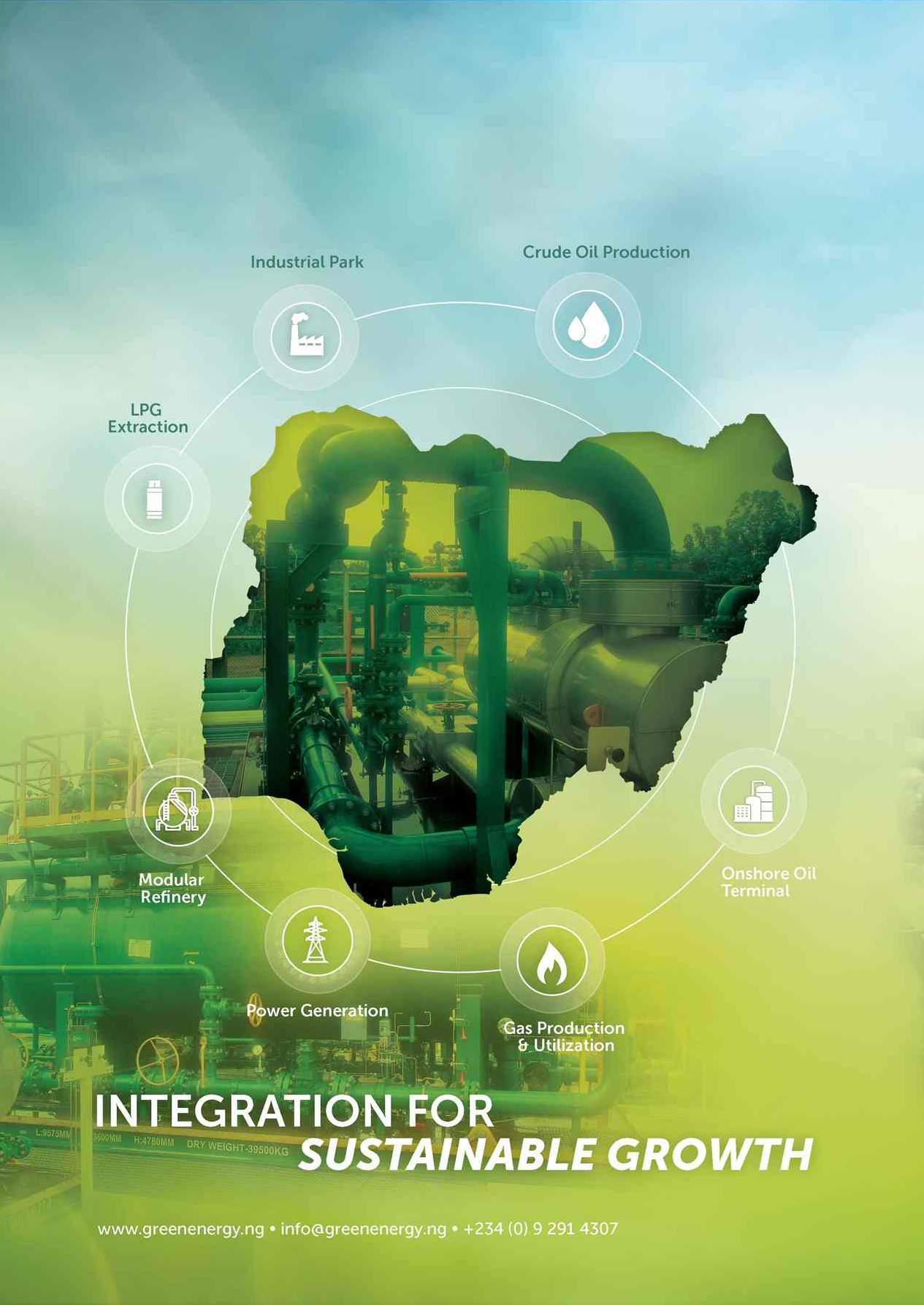
52
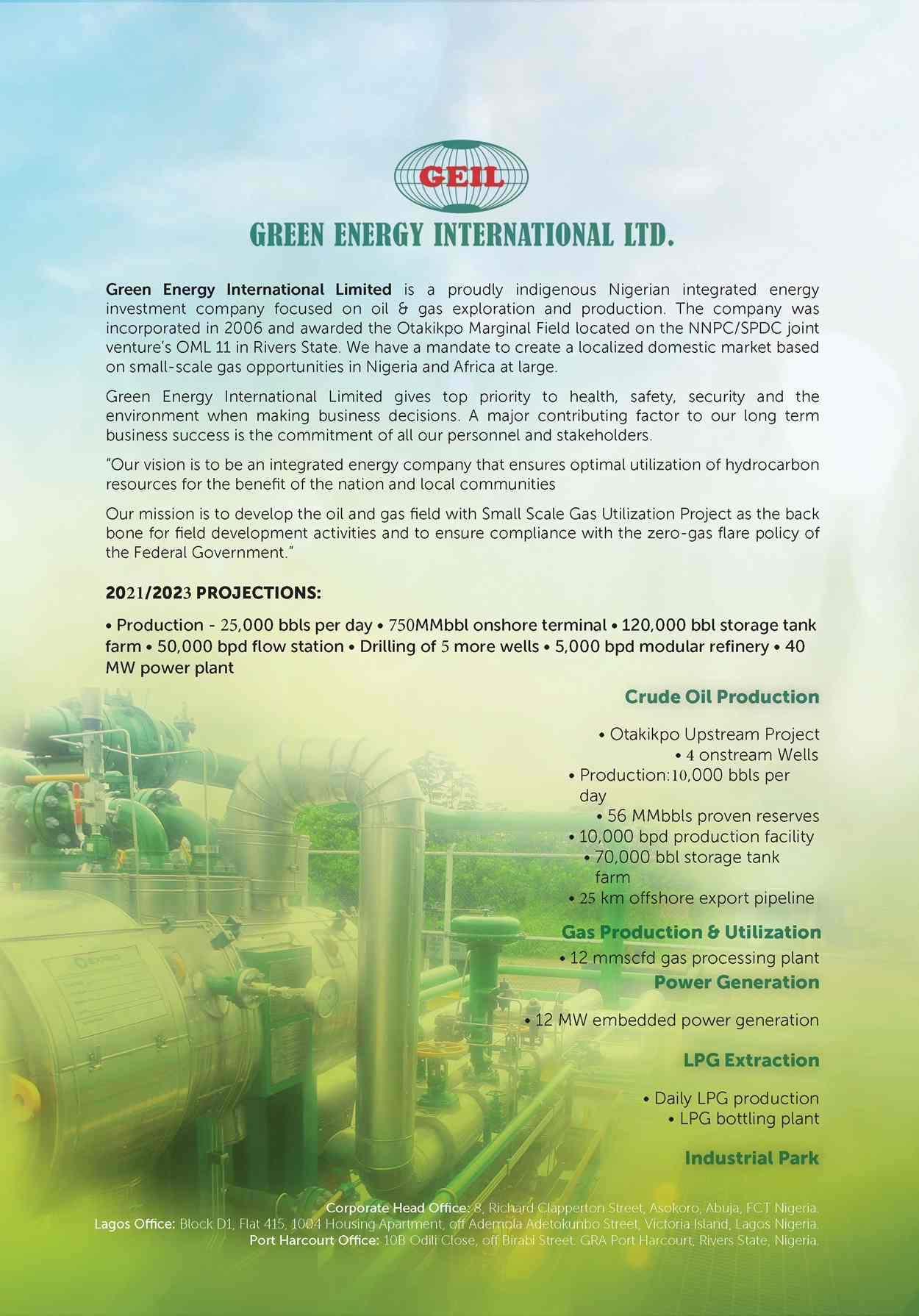
53
SCRA MBLE AfricaFor
The Scramble for Africa, also called the Partition of Africa is the Conquest of Africa or the Rape of Africa, was the invasion, annexation, division, and colonization of most of Africa by seven Western European powers during a short period known as New Imperialism. The Scramble for Africa refers to the period between roughly 1884 and 1914, when the European colonizers partitioned the – up to that point – largely unexplored African continent into protectorates, colonies and 'free-trade areas'.

During these years, almost all of Africa came under the control of the major European powers, including: Britain, France, Germany, Belgium, Italy, Portugal and Spain. The ‘Scramble for Africa’ is the term that historians use to refer to the expansion of European empires into Africa. It is referred to as a ‘scramble’ due to the way in which the European nations raced to capture territory to expand to their empires.
It is considered to have occurred from approximately 1870 until the outbreak of World War I in 1914. During these years,
almost all of Africa came under the control of the major European powers, including: Britain, France, Germany, Belgium, Italy, Portugal and Spain. There are several main causes to the Scramble for Africa, including: European competition, ethnocentrism, the spread of Christianity and new innovations. It is referred to as a ‘scramble’ due to the way in which the European nations raced to capture territory to expand to their empires.
The Scramble for Africa was revealed as a major event that eventually saw the African continent colonized and then divided by the major European powers. These events include: European interest in the Suez Canal, Berlin Conference, First Moroccan Crisis, Second Moroccan Crisis, European colonization in South Africa, and the brutal rule of Leopold II in the Congo.
The first significant event of the Scramble for Africa was the Berlin Conference of 1884. It was called by German Chancellor Otto von Bismarck and lasted from 15th of November, 1884, until 26th of February, 1885.
54
SCRA MBLE AfricaFor
Historians referred to the expansion of European empires into Africa during the Age of Imperialism. A day before the scramble for Africa, it was said that only ten percent of the continent was under the control of Western nations. In 1875, the most important holdings were Algeria, whose conquest by France had started in the 1830s despite Abd alQadir's strong resistance and the Kabyles' rebellion in the 1870s; the Cape Colony, held by the United Kingdom, and Angola, held by Portugal.
It has contributed to economic, social, and political underdevelopment by spurring ethnic-tainted civil conflict and discrimination and by shaping the ethnic composition, size, shape and landlocked status of the newly independent states.
CAUSES
There are several main causes to the Scramble for Africa, these include but not limited European competition, ethnocentrism, the spread of Christianity and new innovations. The prior cause of the Scramble for Africa was that European nations were seeking large parts to boost their access to resources and people.
In the century or so before the start of the Age of Imperialism, Europe underwent a major transformation in the form of the Industrial Revolution. This led to the construction of many factories throughout the cities in Europe and the European nations were in search of
territory in order to gain access to more resources, which could be used to develop products in their resources. As such, this led to the ‘scramble’ in Africa as the European nations competed for different regions of the African continent.
Also, of the Scramble for Africa was the view of racial superiority that Europeans expressed throughout the 19th century. More specifically, as Europeans traveled globally and colonized different regions, they came into contact with all sorts of different indigenous people. As such, European beliefs about their own supposed racial superiority helped inform their interactions with the people they encountered, including native Africans.
A third cause for the events of the Scramble for Africa was the need for the European nations to promote their own religious values around the world. Similar to the belief in their own racial superiority, Europeans also promoted Christianity as superior to the religious beliefs of the indigenous peoples that they encountered, including those in Africa.
A state in the grip of neocolonialism is not a master of its own destiny. it is this factor which makes neocolonialism such a serious threat to world peace
- Kwame Nkrumah 55
“
SCRA MBLE AfricaFor
In fact, Christian missionaries often accompanied early explorers to the African interior, and the spread of Christianity was a key feature of European imperialism in Africa. For the European nations, Christianity was an essential aspect of using their culture to dominate and control the African societies that they encountered during the Scramble for Africa. As well, European missionaries felt it was their duty to help spread Christian beliefs to new people.
The competitive nature and disputes that happened between the major European nations in the late 19th century and early 20th century.
The Scramble for Africa is the new path and innovations that assisted the European nations to overshadowed different African communities.
when missionaries came to Africa they had the Bible and we had the land. They said 'Let us pray' we closed our eyes. When we opened them, we had the Bible and they had the land
- Desmond Tutu
The main European powers had industrialized throughout the 19th century with the events of the Industrial Revolution. This period of industrialization led to the development of several significant inventions and advancements.
Amidst all these, the growth and resilience in the continent have so much impact every other countries of the world. It is getting bigger and broader.
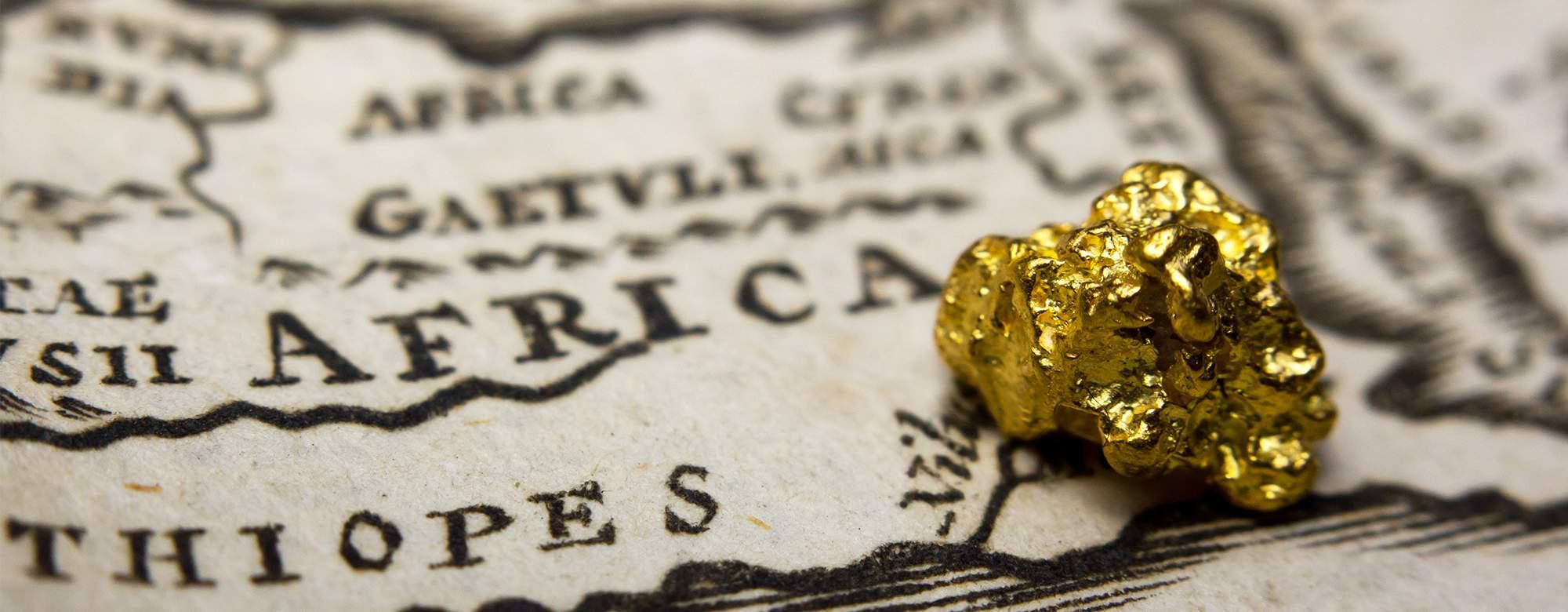
“ 56

57 �10/$12 N5000 Email: africanpeacemag@gmail.com www.africanpeace.org SUBSCRIPTION ORDER FORM TEL: +44 7466 234902; +234 803 397 5746 / Email: africanpeacemag@gmail.com / www.africanpeace.org

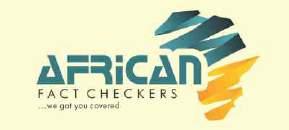


58

59



60





61
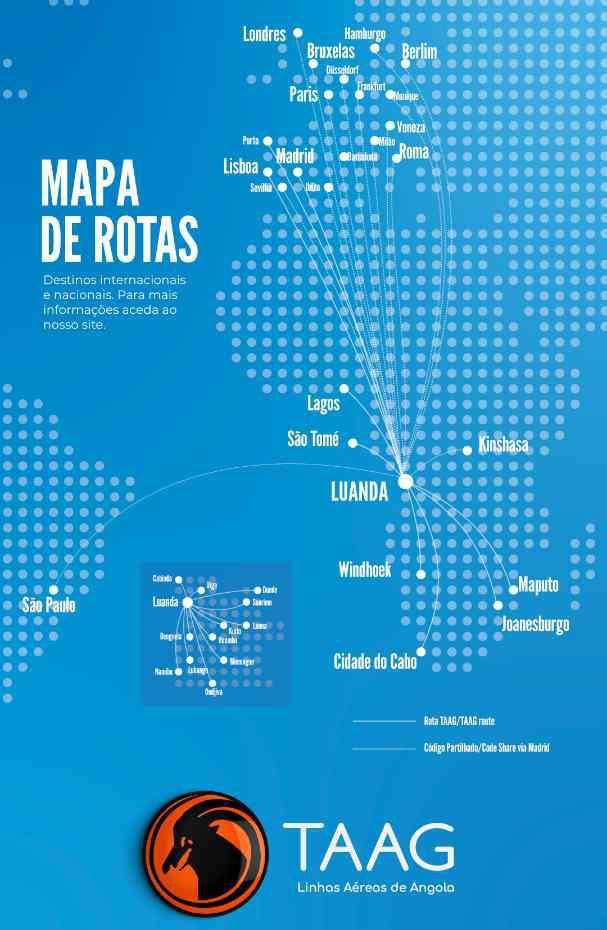


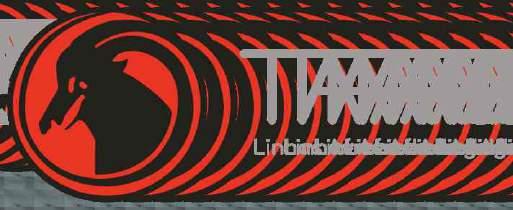
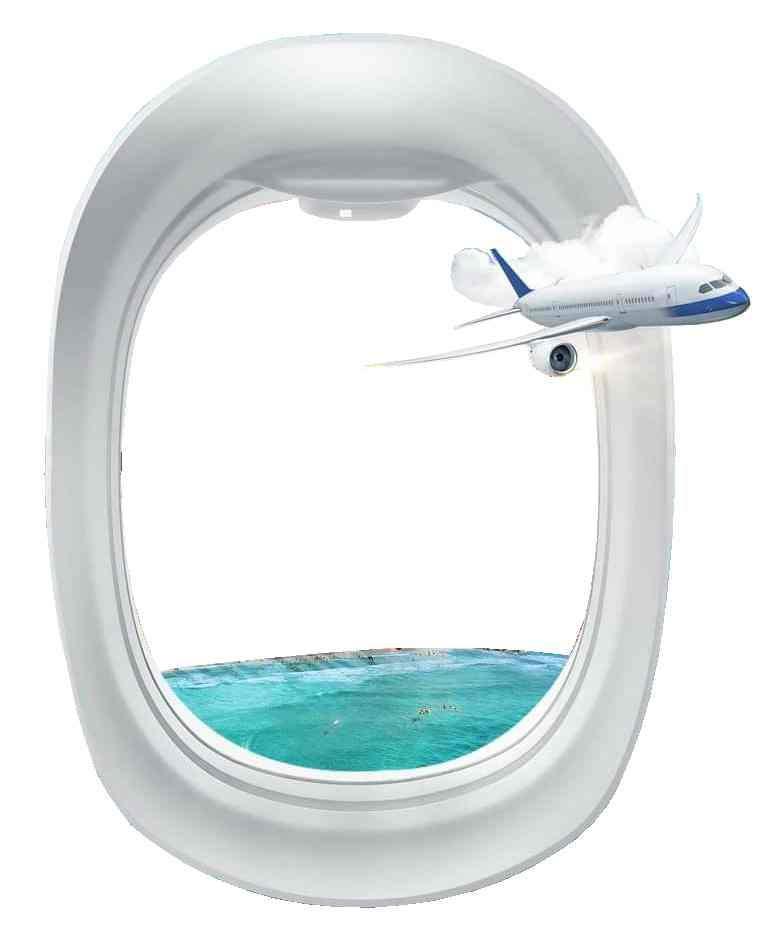
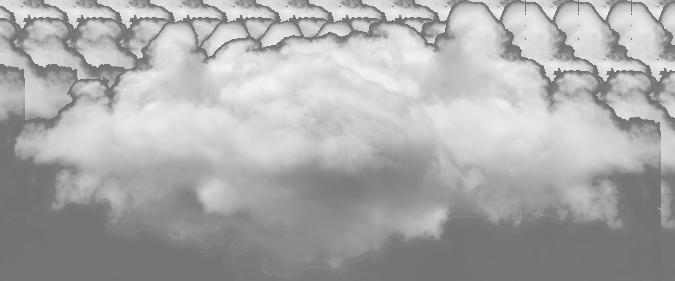
































































 1. Ukraine
2. Russia
3. Venezuela
4. China
1. Ukraine
2. Russia
3. Venezuela
4. China








































































































































